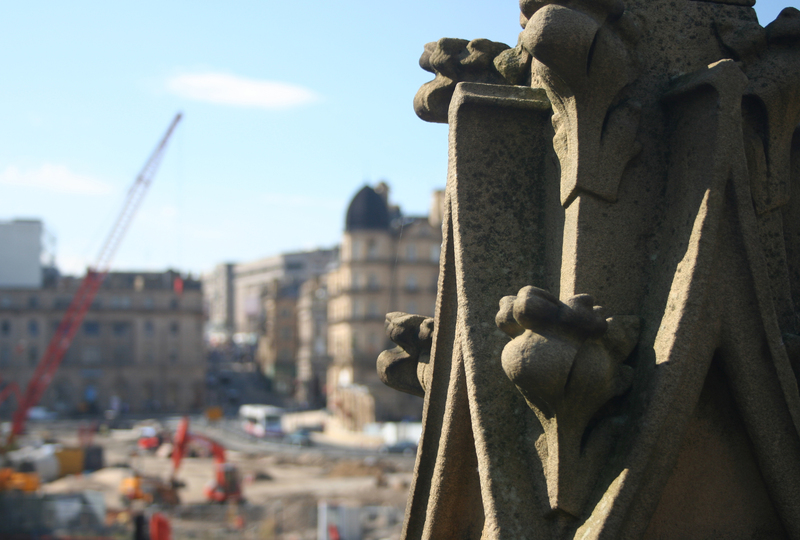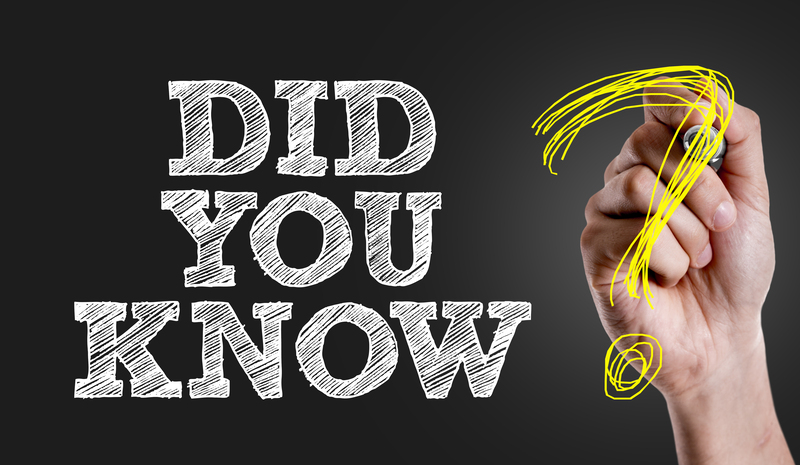The Hidden Challenges of Piano Moving and Why Expertise Matters
Moving a piano may seem like a routine part of a home or studio relocation, but anyone who has participated in a piano move knows there is nothing simple about it. The hidden challenges of piano moving are immense, turning this process into a specialized art form that requires expertise, experience, and precision. Whether you own a treasured upright or a grand piano that serves as the centerpiece of your living room, understanding the importance of professional piano movers is crucial for safeguarding your instrument, your home, and your peace of mind.
Understanding the Unique Complexity of Piano Moving
Pianos are more than just heavy furniture; they are intricate musical instruments with thousands of moving parts. Beneath their polished finish, each piano encompasses delicate strings, hammers, and keys that require careful handling. The process of piano relocation involves much more than muscle; it demands expertise and a deep understanding of the instrument's anatomy.
Piano Anatomy: The Source of Complexity
- Weight Distribution - Pianos are notoriously heavy and awkwardly weighted, with larger pianos exceeding 1,000 pounds. Their uneven mass makes them prone to tipping if handled incorrectly.
- Fragile Components - The thousands of internal parts, including delicate strings and action mechanisms, are susceptible to damage from bumps or drops.
- Exterior Sensitivity - The gleaming finish, polish, and woodwork are easily marred. Even minor scratches can be costly to repair.
- Irreplaceable Value - Many pianos have sentimental or antique value, making replacement impossible.
Structural and Environmental Challenges
- Narrow doorways and staircases increase risk.
- Pianos that must be lifted or rotated require specialized tools and techniques.
- Multi-story moves can involve hoisting via windows or cranes.
- Temperature and humidity fluctuations during moving can damage wooden components and affect the instrument's tuning stability.

The Real Risks of DIY Piano Moves
Many homeowners attempt to move their piano themselves, thinking it will save money. However, DIY piano moving often ends up costing more in the long run because of injuries, property damage, or harm to the instrument itself.
Common Problems with Amateur Piano Moving
- Personal Injury: Lifting or maneuvering a piano incorrectly can result in severe back, muscle, or joint injuries.
- Property Damage: Without the right skills or equipment, floors are scratched, walls dented, and carpet torn.
- Instrument Harm: Dropped pianos, damaged legs, or cracked keys can cost thousands to repair and may never restore the original sound quality.
Without professional know-how, both your health and your cherished instrument are at risk.
Why Piano Moving Expertise Is Essential
The value of professional piano moving services lies in their experience, tools, and commitment to safety. Let's break down the reasons why hiring experts is the smartest choice for any piano relocation.
Specialized Knowledge and Training
- Assessment Skills: Experts evaluate the size, weight, and unique characteristics of your piano, as well as access points within your home or venue.
- Safety Procedures: Ongoing training helps teams avoid injury and prevent mishaps at every step.
- Instrument Protection: Understanding how to pad, wrap, and transport a piano keeps it safe from the moment it leaves one location to its arrival at the next.
Professional Equipment and Techniques
- Piano Skids and Dollies: These distribute weight and allow safe, stable movement across floors without causing damage.
- Straps and Blankets: Proper strapping secures the instrument throughout transit, while heavy-duty blankets cushion against bumps.
- Disassembly and Reassembly: Experts can safely remove legs and pedals for transport, then restore them upon delivery.
Piano Moving in Challenging Environments
Not every move is straightforward. Piano movers must frequently manage:
- Urban apartment relocations with tight stairwells or limited elevator access.
- Antique and heirloom pianos that require extra gentle handling.
- International and cross-country moves that expose the instrument to different climates and long periods in transit.
In each scenario, expertise ensures your piano arrives unharmed and ready to play.
Preventing the Costliest Mistakes
- Avoiding Drops: A single slip can destroy a piano or cause injury. Experts work in teams, always communicating and using stabilization techniques.
- Weatherproofing: Professional movers protect pianos from rain, humidity, and shocks that can warp wood or detune strings.
- Route Planning: Planning every turn, step, and incline eliminates surprises--and costly accidents.
Why Insurance and Licensing Matter
Hiring an insured and licensed piano moving company guarantees accountability. In the unlikely event that damage does occur, your investment is covered. Beware of general movers who lack piano-specific insurance and expertise; opting for them may leave you financially exposed.
How to Choose the Right Piano Movers
When searching for trusted piano relocation experts, consider the following criteria to ensure a smooth, safe, and stress-free move:
- Experience: Specialists with years of successful piano moves demonstrate proven skills.
- Positive Reputation: Read reviews and seek recommendations from music teachers, pianists, and local piano dealers.
- Proper Equipment: Ask what protective gear, vehicles, and tools they use specifically for piano moving.
- Transparent Pricing: Request a clear, written estimate before agreeing to any service.
- Comprehensive Insurance: Confirm that the moving company's policy covers the full value of your piano for both transit and handling.
Piano Types: Tailoring the Move to Each Model
Not all pianos are created equal. The difficulty and risk of moving a piano depend on the model:
Upright Pianos
- Smaller but still heavy (up to 400 lbs).
- Challenging to move through narrow spaces.
- Often cannot be disassembled, requiring precise maneuvering.
Grand and Baby Grand Pianos
- Much larger and heavier (up to 1,400 lbs).
- Require leg and pedal disassembly.
- Extremely delicate frames need professional crating and support.
Digital and Specialty Pianos
- May feature sensitive electronics that require dry, static-free transport.
- Still require expert handling to avoid jostling or dropping.
The Cost of Piano Moving: What to Expect
While some may balk at the cost of professional piano moving, consider how expenses compare to the value of your instrument and the risk of attempting a move without specialized help. Piano moving costs are influenced by several factors:
- Distance: Local moves are generally less expensive than cross-country or international relocation.
- Stairs and Obstacles: More complicated residencies increase costs due to labor and risk.
- Piano Type: Larger, heavier, or rare models require greater effort, planning, and equipment.
- Insurance: Comprehensive coverage may increase upfront cost, but provides peace of mind.
In the end, piano moving services are a wise investment. They protect your instrument, your property, and your health--saving you money and stress.
Expert Piano Movers: More Than Getting from Point A to B
Moving a piano is not merely about transporting an object. It's about preserving an heirloom; maintaining the sound quality, beauty, and sentimental value for years to come. Expert piano movers are trusted stewards of these precious instruments, equipped with:
- Industry Certification: Many top movers are certified by professional organizations or recommended by piano manufacturers.
- Custom Solutions: From urban skyscrapers to rural homes, tailored plans ensure safety everywhere.
- Post-Move Services: Some movers offer post-move tuning, reassembly, and repair--ensuring your piano's optimal condition after relocation.

Frequently Asked Questions About Piano Moving
- Can I use regular movers for my piano?
Regular movers lack the skills and tools required for pianos. Always hire specialists for peace of mind. - How should I prepare my piano for moving?
Clear pathways, remove any loose items, and discuss any concerns with your mover in advance. - Will my piano need tuning after a move?
Yes, it's common for pianos to require tuning after transport due to changes in environment and movement. - How long does a piano move typically take?
Most local moves can be completed in a few hours, but complex scenarios may require more time. - Is climate control important when moving a piano?
Absolutely. Extreme temperature or humidity can cause wood to expand or contract, impacting sound and playability.
Conclusion: Expertise Makes All the Difference in Piano Moving
When it comes to the challenges of piano moving and why expertise matters, the evidence is clear. Entrusting your piano to seasoned professionals ensures your priceless instrument remains safe, beautiful, and playable for generations. Don't risk its future--choose trained, reliable piano moving specialists and enjoy peace of mind every step of the way.
Are you planning a piano move? Do your research, ask the right questions, and always prioritize expertise for a successful, stress-free relocation.



